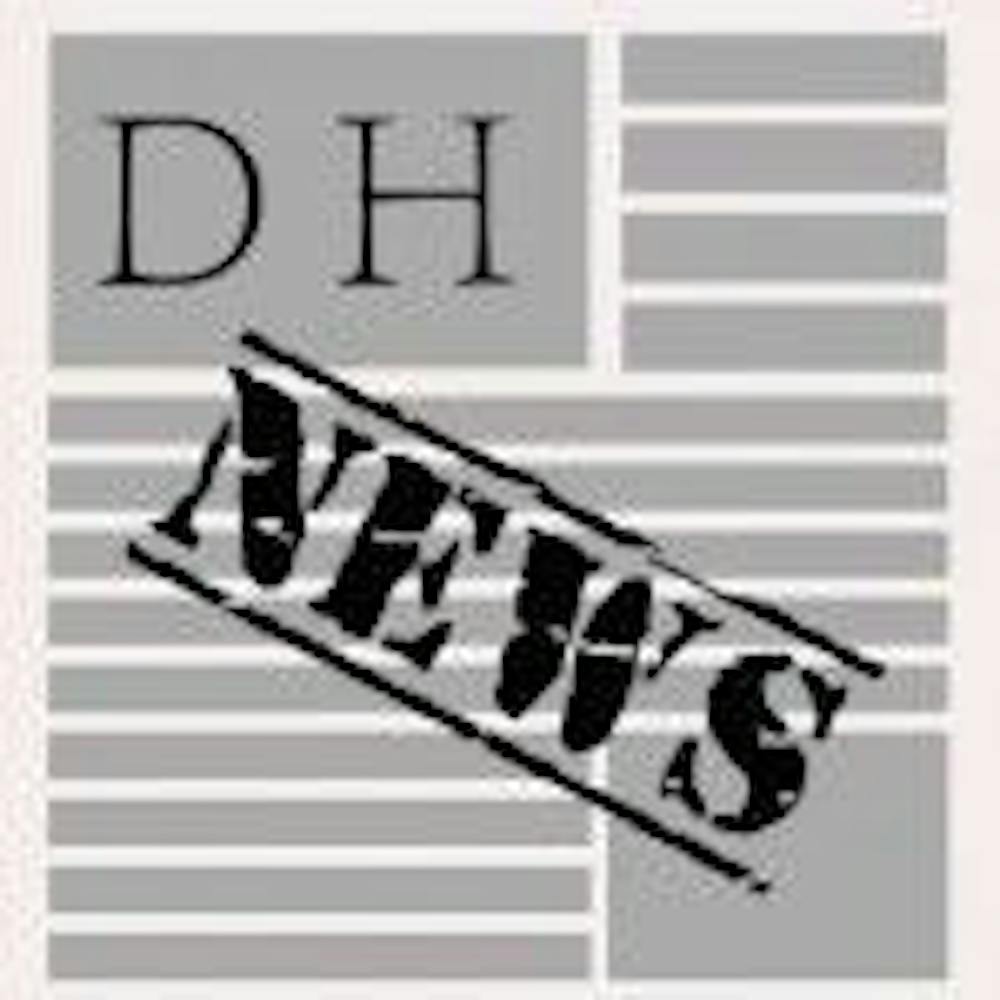After a year of hard work by a group of students, faculty and others, The University of Memphis will begin implementing a Safe Zone program for lesbian, gay, bisexual and transgender students and staff.
According to Richard Scott, Safe Zone Committee's staff coordinator and psychologist for the Career and Psychological Counseling Center, the Safe Zone is a program that will create a visible network of volunteers who will be allies to the LGBT community.
"(LGBT students) will see these volunteers and know they can go to them and get support," Scott said. "It will be a place free of judgment where students can grow and develop."
The U of M is the last of its 12 peer institutions to start a Safe Zone program.
Fifteen faculty, staff and student members are expected to be certified as Safe Zone allies on Wednesday and another eight participants are signed up to receive their certification Thursday, April 21.
Scott said that those who are certified will sign a "symbolic" contract and receive an emblem to post in a visible place so LGBT students, staff and faculty members will know who is trained to help them.
Since last spring, The U of M Safe Zone Committee has worked to begin a program at The University. A meeting was held at 5:15 p.m. Monday at the University Center to distribute copies of the Safe Zone manual and logo to committee members and supporters.
Tim Smith, student coordinator for Safe Zone Committee and a senior majoring in teaching all learners, said to his knowledge The U of M Safe Zone manual is different from others across the nation because it mentions suicide prevention, religious discrimination and contains a section addressed to military students.
"We are trying to be very specific to what the students and staff need," said Smith.
Lorna Horishny, administrative secretary in the Career and Psychological Counseling Center and Safe Zone Committee editor, said she could go on for hours on the reasons why The U of M needs a Safe Zone.
"We all know about the bullying and suicides (among the LGBT community) and there needs to be a program in place that will be proactive and protect and educate so we won't have any of that on campus," Horishny said.
For many Safe Zone supporters, initiating the program was long overdue.
"It was just really shocking to me that we were the only peer institution that didn't have a Safe Zone," said Carrie Brown, assistant professor of journalism. "So when I heard that, I thought, ‘Hey, I'll try to help.'"
Brown, who has presented the issue to the faculty senate and secured a $1,000 grant from the Looking Out Foundation for the Safe Zone, said the program is important to her because she wants to work in an environment where all students and faculty feel safe and comfortable.
Scott cited two reasons why he believes the Safe Zone is essential for The University of Memphis.
"First, (members of the LGBT community who don't feel welcome) transfer somewhere else," he said. "That's a big issue. We want students here to feel they are supported and can be academically successful."
Scott added that no student should have to be a victim of verbal and physical harassment and abuse on campus.
Horishny said she thinks the Safe Zone project is a sign of The U of M becoming more LGBT friendly.
"I think (The U of M is) becoming more aware of the need for protection and diversity of students with anything: gender, age, ethnicity," she said. "Everybody should have the right to come to school without being discriminated against."
Smith said Safe Zone Committee now hopes to receive endorsements from the staff senate and SGA.
"It's kickoff now," he said. "The team is ready, it's just about keeping it going to the next game."




